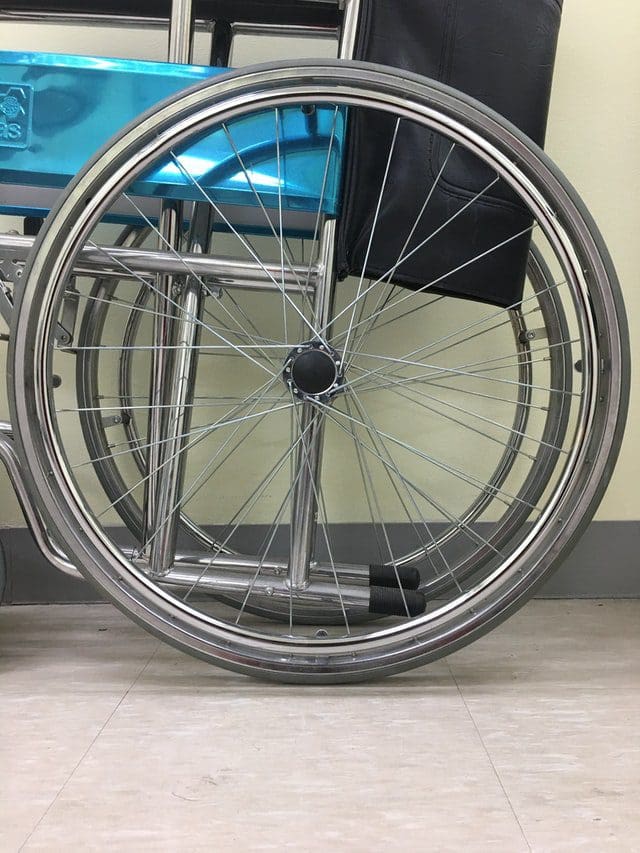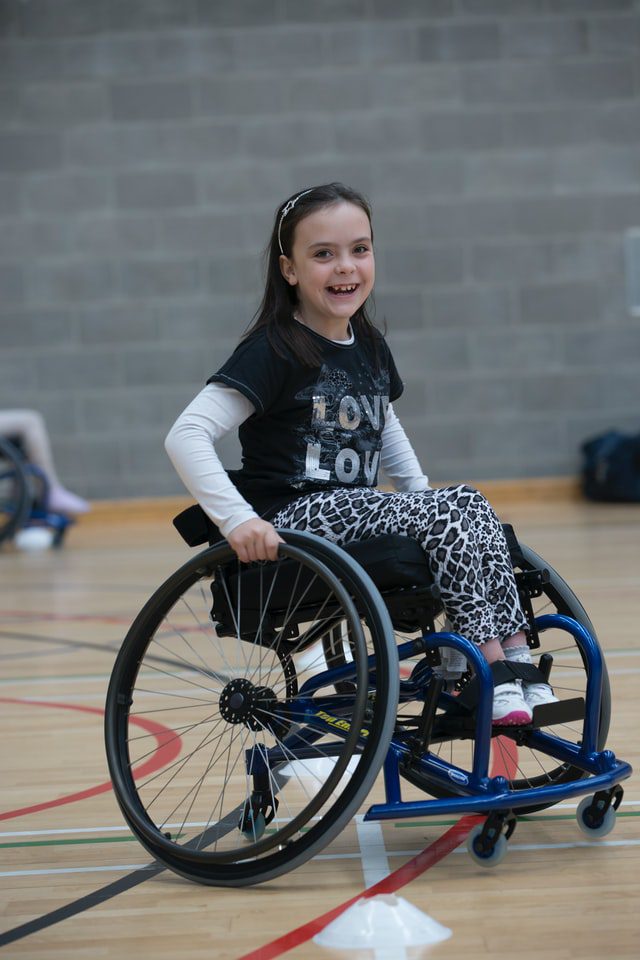The NDIS and its benefits can be a confusing and complex system to navigate, but even as a parent and carer of a child with special needs, it’s often hard to understand what NDIS benefits your child will get.
What exactly is covered? How do you access it? And most importantly, how is this going to help your child in their day-to-day life? Thankfully, some things are easy.
The National Disability Insurance Scheme (NDIS) provides assistance to people under 65 who have permanent and significant disabilities. Under the NDIS, children are entitled to a range of supports that can help them develop skills and build confidence, allowing them to lead an active life within their community.
In simple terms, we want our children with disabilities to experience all the same opportunities as their peers! So, here are some ways your child could benefit from the NDIS:
Table of Contents
Therapy
The NDIS can help your child receive therapy that they may not otherwise have access to. This is particularly important if and when the child reaches school age, as schools are legally required to provide this service. Therapy can be especially helpful in helping your child improve their communication and social skills, physical skills, cognitive skills, emotional skills, and more.
The NDIS allows you to choose a provider that best suits your needs – which means you can select someone with experience working with disabled children or perhaps someone who specializes in treating similar conditions (such as autism). This gives you confidence that the person providing treatment knows about the disorder affecting your child’s development.
Equipment
Equipment can help you and your child in many ways. If your child has an equipment plan, you could receive funding for things like:
- a wheelchair (or scooter)
- hearing aids and earmuffs
- a communication device (for example, a tablet that lets your child type rather than speak)
The National Disability Insurance Agency will cover the cost of equipment under certain conditions. NDIS must have approved you as having a severe disability or complex care needs, which means that you cannot fully manage everyday activities due to health issues or other factors. Your equipment plan should also be backed up by advice from professionals who provide services such as counseling and physiotherapy.
If your child needs equipment but doesn’t have one yet through NDIS, it may be possible for you to get help finding financial assistance elsewhere, such as through charities or community groups.
Early Childhood Supports
As a parent, you only want the best for your child. So, if you know that early childhood support can help your child develop and learn, get better outcomes, and have more opportunities to participate in community events, why wouldn’t you want to enroll in these services?
Unfortunately, some parents might not understand what early childhood supports are or how they can NDIS benefits for their children. Early childhood support is available for children under six years old who are not yet enrolled in school. It includes:
- School readiness programs that focus on helping young children develop skills needed for future learning;
- Early intervention programs for children diagnosed with conditions like autism spectrum disorder (ASD) or intellectual disability; and
- Support services for families of very young children with disabilities (under three years old).
Housing Support
The NDIS can help you pay for your home, car, or wheelchair modifications if you need them to live independently.
If you’re renting a house, NDIS may be able to cover some of the costs involved in modifying it for disability access. For example, if your landlord agrees to replace the carpet in your room with hardwood floors so that it’s easier for you to get around in your wheelchair, that would be considered a modification under the scheme.
You could also find yourself needing a ramp fitted so that no one has any difficulty getting in and out of the front door – again, this would be considered a modification under NDIS rules.
Assistive Technology and Software
Assistive technology (AT) and software can help your child communicate, learn, be independent, and, more importantly, feel included in the world around them. AT is any device that enables a disabled person to do something they could not do on their own. It might be a special computer program or a communication device like an iPad. Assistive software is another word for applications that help children with specific disabilities learn more easily or make it easier to communicate their wants and needs.
Some examples of assistive technology include:
- An iPad with preloaded applications designed specifically for children with autism
- A communication device such as an eye gaze system which allows your child to type by looking at letters on the screen
Travel and Transport
The NDIS can provide transport to get your child to school, appointments, and activities. This is good news if you have difficulty getting around the city or suburbs, particularly if your child has an intellectual disability that makes it difficult to travel independently. This could mean that a transport service is provided for your child to get to school by bus or train each day, saving you time and money on transport costs and helping them develop social skills through interaction with other students who use the same route.

The NDIS can also assist with getting you around town so that you can work full-time without worrying about finding suitable care for your child after school or on the weekends. The support may be available in various ways:
- Perhaps there’s someone who can look after the kids during the week while you’re working late at the office;
- Maybe there is someone else who can take over one night per week so that they can have their friend’s sleepover;
- It may even be possible for arrangements such as nannies or au pairs to be made available through the program itself (with some restrictions).
Finally, if visiting doctors’ offices and hospitals isn’t convenient because of distance issues, NDIS funding might cover transportation costs instead of relying on public transit alone; this could also apply when attending therapy appointments!
Conclusion
The NDIS is a revolutionary approach to funding disability support. Everyone is still learning how it will play out in the long term. There are many ways it’s already seen it’s helping people with disabilities gain better access to necessary aids and services.
From government changes at the national level to increased family involvement from parents, who knows what other NDIS benefits may emerge as more families begin using this program?
Featured Photo by Danny Nee on Unsplash




